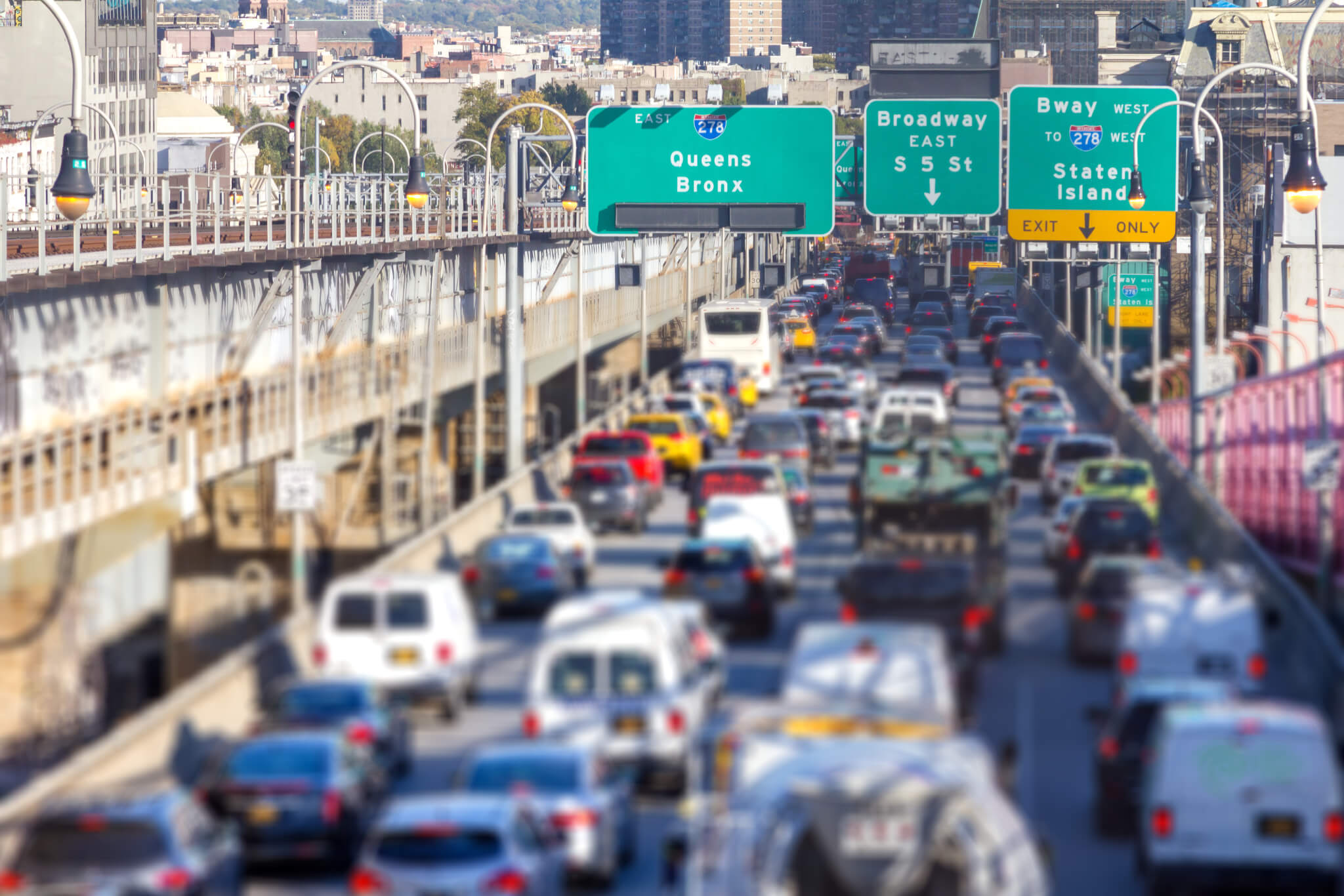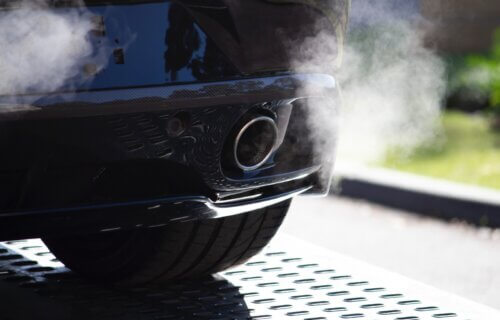BIRMINGHAM, United Kingdom — Gas-powered cars release harmful emissions all the time, especially while sitting in traffic. However, vehicle exhaust filters designed to remove them from the air aren’t exactly doing the job, researchers from the University of Birmingham explain.
These emissions are huge contributors to air pollution and contribute to the risk of disease for those living near major roads. There is a constant flow of exposure to a complex mixture of all sorts of chemicals, which is both a public health and environmental concern. The combinations often include nitrogen oxides, ultrafine particles, black carbon, metals, carbon monoxide, and carbon dioxide. Since 2011, exhaust filters, designed to lessen the blow, have been a legal requirement for cars. For heavy duty vehicles, the requirement went into effect in 2013.
Study authors say existing filters mainly remove larger, solid particles, but they aren’t as effective at removing the small, ultrafine ones. The World Health Organization (WHO) has yet to establish a guideline for safe levels of ultrafine particles, but it’s a common belief that this form of air pollution negatively affects the heart and lungs. In 2021, WHO officials shared concerns over ultrafine particles (or fine particulate matter) and how they can spread throughout the body.
READ: Cheap charcoal air filters the best option to keep your car pollution-free
“Our research shows clearly that current, widely-used filters are not effective against these smaller particles and we welcome recommendations from the World Health Organization that surveillance of these measurements increase and note with concern that current concentrations measured in London are classified as ‘high’,” says lead author Professor Roy Harrison in a university release.

The tiniest pollutants make it through most air filters
Harrison and the team used data collected from a London monitoring station on Marylebone Road. This site was able to produce the most thorough, long-term air quality dataset in the world, going as far back as 2010. As expected, there was a significant decline in larger particles like black carbon, which decreased by 81 percent between 2014 and 2021. This goes to show that these filters truly do provide a benefit against large matter.
The concentration of ultrafine particles, on the other hand, defined by being smaller than 100 nanometers, only declined by 26 percent. Levels of the tiniest of particles, measuring in at less than 30 nanometers, didn’t drop at all.
These results strongly suggest that more attention is necessary to address this issue, researchers conclude. They add that transportation is changing rapidly, and conversations about its implications on public and environmental safety are imperative.
“High concentrations of ultrafine particles are likely to be a widespread and persistent phenomenon. In order to meet WHO guidelines we are likely to need a much higher uptake of electric vehicles, as well as additional measures to reduce emissions from diesel vehicles,” concludes Prof. Harrison.
The findings are published in the journal Environment International.

